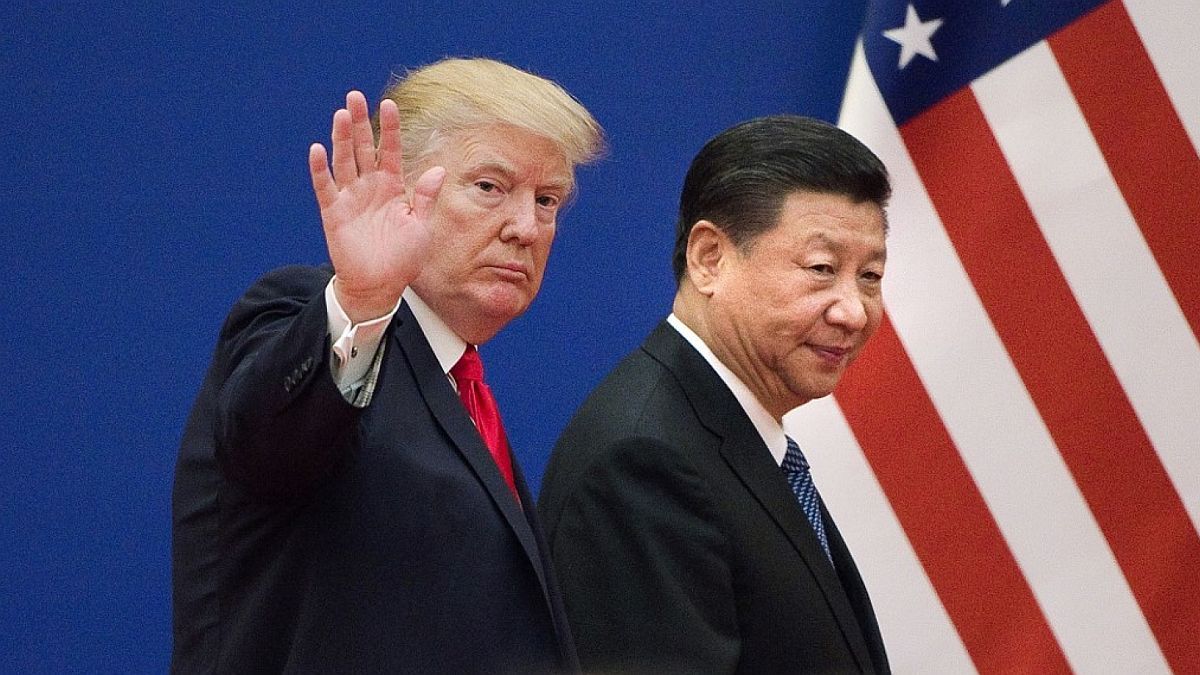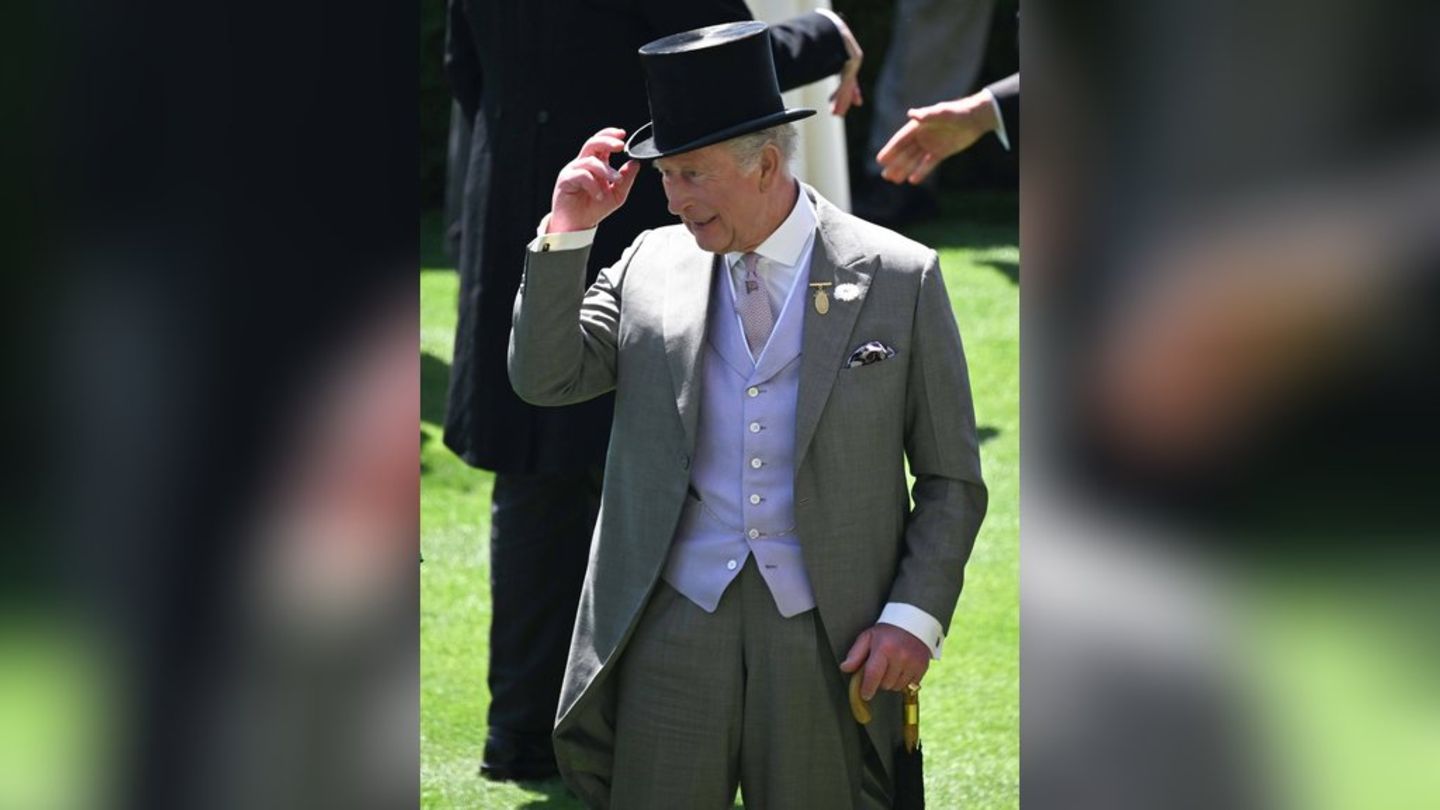According to a study, the balance between men and women on the stages and in the streaming portals is important to young music fans. However, this is far removed from reality.
The gap could hardly be wider: Although gender balance is important to more and more people on the music stage and when listening to music, the proportion of women in the industry is still small. But there is a chance for change if the music industry starts to take the needs of its youngest customers more seriously. This was the result of a study on gender diversity in music offerings, which was presented on Thursday at the Reeperbahn Festival in Hamburg.
For example, for around 40 percent of 16 to 29-year-olds, the balanced gender ratio at festivals already plays a role in the decision to buy a ticket, 54 percent want to pay more attention to this in the future. Among 30 to 49-year-olds, this fact is currently of interest to 29 percent of respondents and 41 percent of this age group want to pay more attention to gender balance before making a purchase in the future.
When listening to music on the radio or on streaming services, almost a third of those surveyed are interested in the habits between men and women in both age groups.
The industry is lagging behind
For festival boss Alexander Schulz, these results are important for the music industry because, in his opinion, they are forward-looking. These young people are the buyers of tomorrow, Schulz said on Thursday in Hamburg. It is therefore worthwhile to include more female artists in the playlists and thus stand out from the competition. “Because then I have a market advantage, it’s nothing else.” He firmly believes that the customers themselves can make a difference in the music market with their decisions. “The consumers have the power to influence the manufacturers in such a way that the products are changed.”
However, the study also showed that few people are aware of gender-appropriate concerts, festivals and streaming services. “There’s still a lot of room for improvement,” said study director Andreas Hombach.
This can also be seen in reality, said Anna Groß from Maria and Elisabeth Furtwängler’s Malisa Foundation. The foundation has examined gender equality in the music industry – for example in songwriting, in the charts, among Gema members and on stages. “In many parts, the proportion of women remains well below a fifth,” said Groß. In some cases, the numbers have even fallen slightly in recent years instead of rising. A quota could be a good tool on the way to more femininity in the music industry.
The representative study commissioned by the Reeperbahn Festival is part of the so-called key change offensive launched in 2017. Since then, the festival, which is not only a club festival but also an international industry meeting place, has been campaigning for the empowerment of women in the music world – both in front of and behind the scenes. This is done through networking, training, mentoring and presence opportunities for women. In addition, voluntary commitments have been agreed with associations and companies with a view to a quota for women. According to the information, the number of partners is steadily increasing.
Source: Stern
I am a 24-year-old writer and journalist who has been working in the news industry for the past two years. I write primarily about market news, so if you’re looking for insights into what’s going on in the stock market or economic indicators, you’ve come to the right place. I also dabble in writing articles on lifestyle trends and pop culture news.




